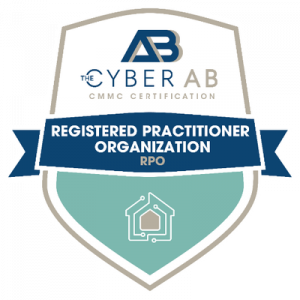 As generative AI continues to revolutionize the workplace, its widespread adoption raises crucial ethical considerations. A recent Salesforce survey of 14,000 full-time employees across 14 countries reveals that 64% of respondents admitted to presenting AI-generated work as their own. This statistic underscores the urgent need for clear enterprise policies on the use of generative AI to mitigate potential risks.
As generative AI continues to revolutionize the workplace, its widespread adoption raises crucial ethical considerations. A recent Salesforce survey of 14,000 full-time employees across 14 countries reveals that 64% of respondents admitted to presenting AI-generated work as their own. This statistic underscores the urgent need for clear enterprise policies on the use of generative AI to mitigate potential risks.
The Current Landscape
- About 28% of workers use generative AI at their jobs, often without employer approval.
- Generative AI is valued for boosting productivity (71% of users) and engagement (58% of users).
- Nearly half of the employees believe that mastering generative AI can enhance job satisfaction and career prospects.
Potential Risks and Challenges
- Without proper guidelines, the use of unauthorized AI tools poses significant security risks. 73% of survey participants perceive generative AI as carrying security threats.
- Intellectual property infringement and inaccurate outputs are other notable concerns.
- In India, 64% of employees used unauthorized AI tools, the highest among surveyed countries, while the Netherlands had the lowest at 43%.
The Ethical Dilemma
- A worrying trend is the unethical use of AI, with employees passing off AI-generated work as their own.
- Additionally, 41% might exaggerate their AI skills for career advancement.
The Way Forward
- Despite these challenges, generative AI holds immense potential, potentially adding up to $4.4 trillion annually to the global economy.
- Addressing the gap in training and policy-making is critical. As Paula Goldman of Salesforce notes, clear guidelines are essential for employees to ethically and effectively leverage AI innovations.
This post is based on insights from the article "Your employees are likely passing off AI-generated work as their own: Report" by Gagandeep Kaur, published on Computerworld. For more detailed information and further reading, you can view the original article here.




